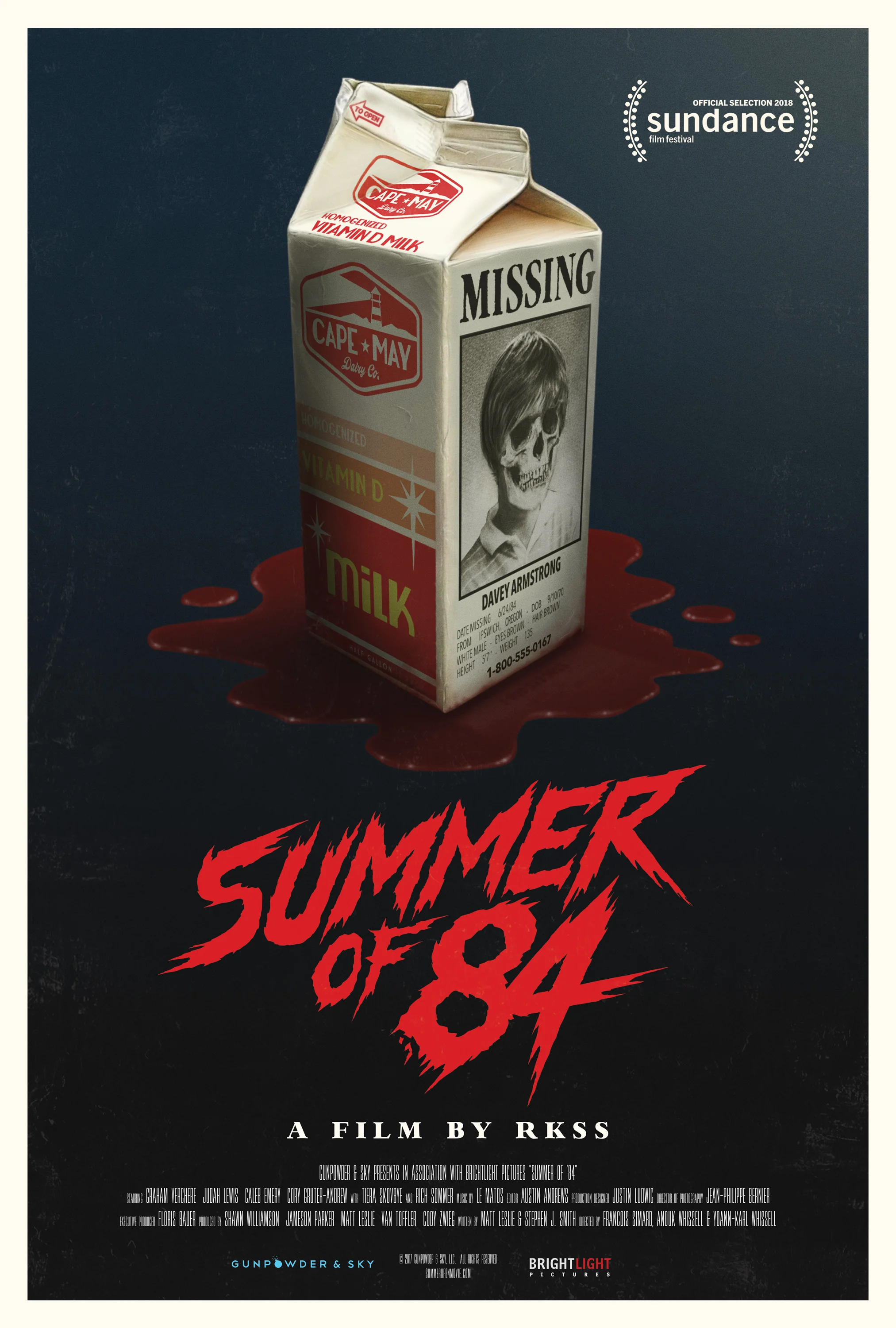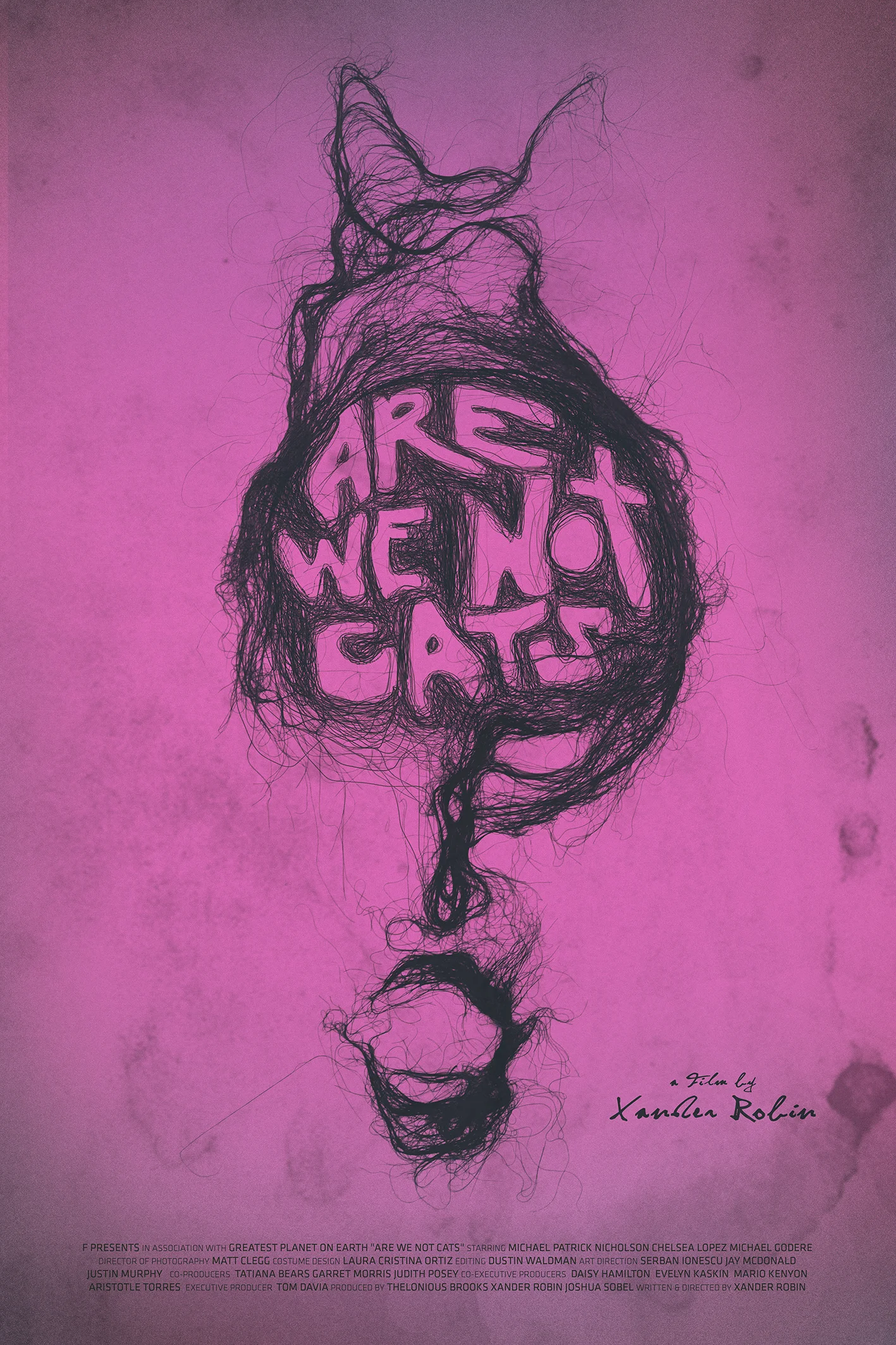Flights of fancy and the Summer of 84
The summer of 89, my little cul-de-sac had a very big problem. A witch lived across the street from me. Kitty corner to my house, no less. She was old. Her hair was a dirty gray, kind of stringy. She lived by herself. I'm pretty sure she had a large, black cauldron in her living room. The perfect size to cook children in some satanic ritual to please her dark masters. I managed to convince my small group of friends that we needed to do something about it. We spent that summer doing research, reading up on witches at the library. Watching her schedule. Figuring out when she was home and when she was not.
Towards the end of the summer, we set our plan in motion. Myself and another brave soul climbed the fence that separated her backyard from my friend's backyard. We climbed on one of those large army-green electrical boxes that say, "don't climb me," and pushed ourselves over into the witch's domain. We slunk to the sliding glass door. And in the living room of this modest home stood not a black cauldron, frothing with the kids she'd stolen, but normal furniture.
And staring straight at us, a sly smile pulling at the corner of her mouth, was the old woman. She stared at us, eyes unblinking. I yelped and ran to the gate, unhitched the lock and ran screaming to my house, where I dove into my bed and pulled covers over my head.
Facts Are Facts
Writers: Matt Leslie & Stephen J. Smith
Directors: RKSS
Gayly: Truly creepy ending; a feeling of anti-nostalgia
Dreadful: A tad too long; no real mystery
Pairs With: What Keeps You Alive
Availability: VOD
Summers are for the fantastical. With the mind untethered by the rigorous structure of school, the summer allows young minds to leap to wild flights of fancy. We had a witch problem, but the kids at the center of Summer of 84 have a much more real threat: a serial killer is on the loose and Davey Armstrong (Graham Verchere) thinks the killer lives in his neighborhood. Davey reads magazines reminiscent of Weekly World News, those tabloids that offer clues about the elusive Bat Boy, for instance. In fact, his walls are plastered with issues from a similar, but no less ridiculous, magazine.
He thinks it's cool that there's potentially a serial killer in his sleepy town. His friends, meanwhile, are the types of kids you see in these movies. You have Woody (Caleb Emery), the chubby kid; Farraday (Cory Gruter-Andrew), whose spectacles scream nerd; and Eats (Juddah Lewis), the bad boy and self-proclaimed Lothario.
Through some dubious evidence, Davey thinks the so-called "Cape May Strangler" is in fact Officer Mackey (Rich Sommer, in pure zaddy mode), a very friendly bachelor and cop, who has known the Armstrong family for years. Just like I will do a few summers in the future, Davey slowly convinces his friends of Mackey's devilish intents and the manhunt is on. They begin stalking Mackey, detailing his schedules, researching old articles at the library, digging through his trash. Everything they find is circumstantial, but still they persist.
He could murder me, any day.
The majority of the movie has this kind of slowburn approach to the mystery. Layered among the private detective work, writers Matt Leslie and Stephen J. Smith spend a large portion of the narrative on character development and world building. Matt has mentioned that their inspiration for this story was the idea that you could live next to someone for so long and ultimately never know what's going on inside their home; "That we always wear masks." And so the film breaks down this perfect little 80s suburbia. We've seen a glut of movies referencing the 80s, recently. I mean, you can't talk about Summer of 84 without discussing the kids from Stranger Things and IT. But while those have more fantastical narratives, focusing on esoteric monsters, Summer of 84 is more concerned with the facade of the 80s ideal.
It reminds me of the films of the 80s that pointed their gaze on the 50s. Filmmakers who were kids during the 1950s were in their thirties in the 1980s. Consequently, they made movies that were either homages to the films they grew up with or pointed out the hypocrisy of looking back with rose-colored glasses. With Stranger Things and IT providing nostalgia trips, albeit ones with dark undertones, Summer of 84 kind of pulls back that mask of what we remember of the 80s. And it isn't pretty.
I think Matt and Stephen don't get enough credit for what they're trying to do. In some ways, the kids involve themselves in this little manhunt because their parents aren't around to keep them safe. They're too busy having affairs or slowly drinking themselves to death or going through divorces. This ugly side is even represented through the kids' respective family lives. Eats' family fights and he'd rather stay at his friend's house, for instance. Woody has had to grow up super quick to take care of his mother. Meanwhile, through all the parental bickering and fighting, thirteen kids and counting are missing and presumed dead.
So while the mystery portion of Summer of 84 isn't exactly the most original and the reveal lacks surprise, I don't truly think the mystery is the point. Truly, it's after the pedestrian reveal that the story takes a turn that goes into some incredibly dark and unsettling realities. The events leading up to the climax were genuinely chilling and brought the narrative a much needed punch. I'm not sure the kids truly believed they were in any danger; it was just another game of Man Hunt, only on a larger scale.
It's like when I was a kid, searching for witches. I never thought about the repercussions of, "what if I'm right?" It was a fantasy. Something to do, for the summer. It's when the illusion is broken and the kids are exposed to the reality of what they are doing that the real horror truly begins.
For me, things went back to normal after my encounter with the woman. I looked over my shoulder, sure. Waited for her to say something to my parents. Or for her to appear at my window at night, ready to suck out my soul. But slowly I forgot about it. She moved. Or died. I lost track. I grew up. My daydreams of living near some demonic figure went away.
But, for Davey, some doors can't be closed once they're open. And some fears you simply can't outgrow.






![[Review] Happy Death Day 2U](https://images.squarespace-cdn.com/content/v1/5b39608d75f9eef54c62c3f0/1550112111784-I3VKZ6BSKCCJGTFXVY8P/MV5BMTg0NzkwMzQyMV5BMl5BanBnXkFtZTgwNDcxMTMyNzM%40._V1_.jpg)
![[Review] Pet Sematary (2019)](https://images.squarespace-cdn.com/content/v1/5b39608d75f9eef54c62c3f0/1554421493371-P0JRMX3657TZ033U890D/MV5BMjUyNjg1ODIwMl5BMl5BanBnXkFtZTgwNjMyOTYzNzM%40._V1_.jpg)